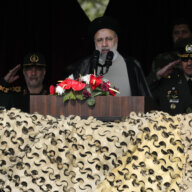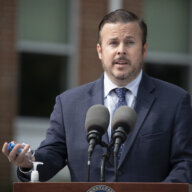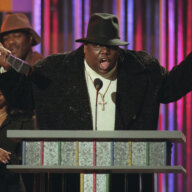 The U.S. District Court, Eastern District of Pennsylvania, in Philadelphia. (Credit: Rikard Larma / Metro).
The U.S. District Court, Eastern District of Pennsylvania, in Philadelphia. (Credit: Rikard Larma / Metro).
A Philadelphia man was on Thursday arrested by federal authorities and charged by indictment in connection with a wide-ranging series of Internet-based counterfeit check scams prosecutors say victimized dozens of people across the country.
David Brister, 56, allegedly teamed up with at least one overseas co-conspirator to dupe recipients of counterfeit checks and money orders into depositing the phony items into their bank accounts while wiring real money to him.
In all, Brister is accused of racking up more than $98,000 in fraudulent proceeds from the schemes between January 2008 and August 2012.
Brister and his co-conspirator also allegedly planned to send more than $5.8 million worth of additional counterfeit checks and money orders to U.S. victims in the future.
In one scheme, authorities said Brister would submit Craigslist posts advertising fake jobs, such as secret shoppers.
Upon “hiring” an employee, Brister and his co-conspirator would allegedly send the person counterfeit checks or money orders and instruct them to keep a portion of their “salary” while wiring the balance to Brister.
Only after wiring the funds would the victims learn the checks and money orders they had deposited into their bank accounts were counterfeit.
In a second scam, prosecutors said Brister would respond to Craigslist postings advertising merchandise for sale and send counterfeit checks or money orders to the vendor in excess of the posted price.
His co-conspirator would then allegedly identify Brister as the representative of a third-party delivery company, ask the seller to desposit the check or money order into their account, keep enough money to cover the sales price and a bonus for their trouble, then wire the remainder of the cash to Brister.
Again, only after the money was sent would the victims learn the checks or money orders they received were fraudulent.
Brister is charged with one count of conspiracy, five counts of mail fraud, 12 counts of wire fraud, two counts of presenting and transmitting counterfeit money orders and four counts of passing and uttering counterfeit checks.
If convicted of all charges, he faces a maximum sentence of 395 years in prison, three years of supervised release, a fine of up to $6 million and a $2,500 special assessment.





























